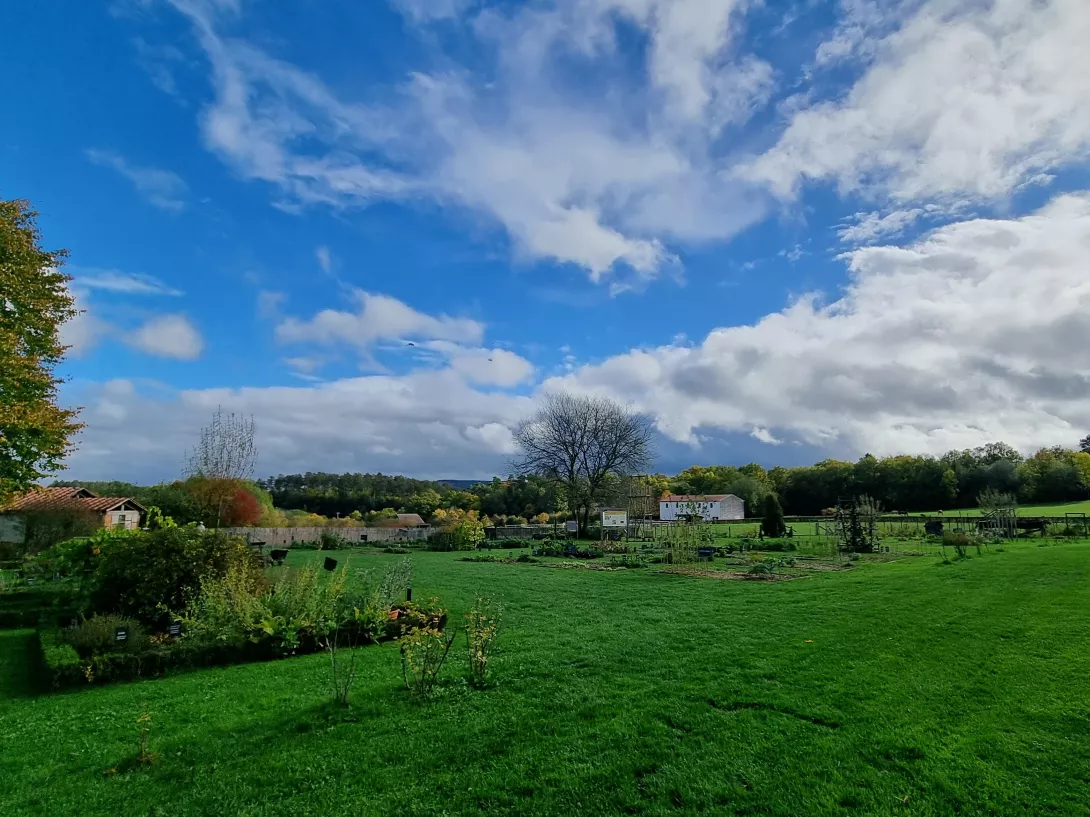Specularia is a project combining scientific innovation and craftsmanship in the field of flat glass archaeology. Its aim is to test the theories put forward by archaeologists over a century ago to explain the process of shaping glass in Roman times, and to verify their feasibility under real conditions (read more here).
The project is led by Professor Julian Richard and Géraldine Frère, doctoral researcher and assistant at the Department of Art History and Archaeology at the UNamur.
Between May and July 2023, a team of scientists and glass artisans will recreate the glass production chain in Roman times, i.e., from the construction of furnaces to the production of glass according to Roman techniques or supposedly so.

This project will provide concrete answers to long-standing questions in the field of glass archaeology and will be a first in experimental archaeology within the Department of Art History and Archaeology at UNamur. The experiment will take place in the exceptional setting of Malagne, the Rochefort archaeopark: this listed site will allow the experiment to be inserted into the heart of an educational trail and will bring scientific innovation within reach of the general public and schools. The casting of the windows will take place during the "Gallo-Roman Weekend" organised by Malagne on 15 and 16 July 2023.
This project involves the purchase of unusual supplies for laboratory research: fireclay, tiles, river sand, etc. To raise the necessary funds, UNamur launched a crowdfunding campaign which has made significant progress since its launch thanks to the support of the general public and archaeology enthusiasts, as well as the Musée du Verre de la Ville de Charleroi. AGC Glass Europe has now joined the project.
Highlighting innovation in research in an attractive and original way, outside the walls of the university, is also a perspective supported by AGC Glass Europe: "Contributing to cultural and scientific mediation activities, particularly for young people, is part of AGCitizen's mission as a responsible corporate citizen. By supporting this type of project, AGC Glass Europe contributes to the education and professional development of young people," continues Niels Schreuder. The experience will be promoted within the educational programme offered by Malagne, which welcomes 14,000 visitors a year, including 9,300 schoolchildren, but also among the students of the Department of Art History and Archaeology at UNamur.
The UNamur would like to thank all the partners and supporters who have already come forward to make this experience a reality. There is still one month left to participate in the participatory financing of the Specularia project. Help us reach the €10,000 mark!
